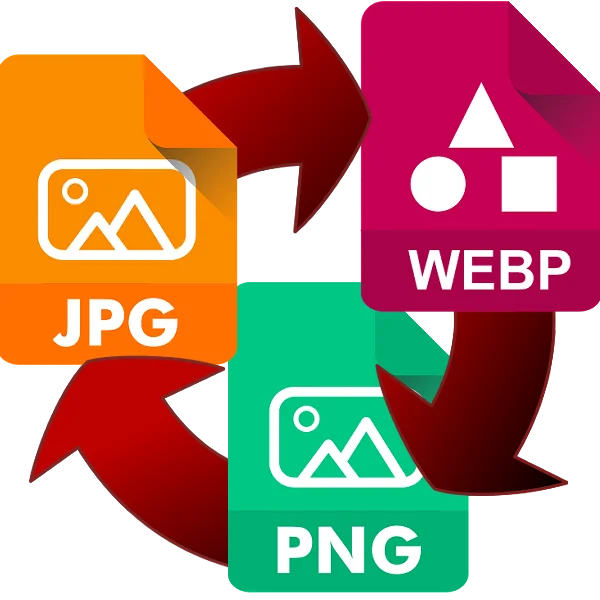
What is PNG?
The PNG (Portable Network Graphics) format uses lossless compression, which means it compresses the image data without actually modifying the underlying bytes. Comparing a BMP (no compression) or JPEG image at 100 quality to the same file in PNG format, the PNG will render the same image but compact the data into a much smaller space.
PNG also supports transparency using an alpha layer, so each pixel can have a level of transparency from 0 (fully transparent) to 255 (fully opaque). For cases that require transparency, this was a significant improvement over JPEG, which does not support transparency, and GIF, which encodes transparency as a single bit, causing banding and artifacts in the transition from opaque to transparent pixels.
How does PNG compare to WebP?
PNG excels as a lossless format that preserves every pixel of detail with full transparency support, making it the traditional choice for graphics, logos, and images requiring crisp edges. However, WebP significantly outperforms PNG in file size efficiency, delivering 26% smaller lossless files and up to 50% reduction when using WebP's lossy compression mode. While PNG's universal compatibility across all devices and platforms remains its strongest advantage, this comes at the cost of substantially larger file sizes that can slow down website performance and increase bandwidth consumption.
WebP matches PNG's transparency capabilities while offering additional flexibility through both lossless and lossy compression options, allowing developers to fine-tune the balance between quality and file size based on specific image requirements. For websites prioritizing speed and performance, WebP's dramatic size reductions translate directly to faster page loads and improved user experience. Although PNG remains valuable for legacy system compatibility and scenarios requiring absolute pixel-perfect preservation, WebP has emerged as the superior choice for modern web applications where performance optimization is essential.